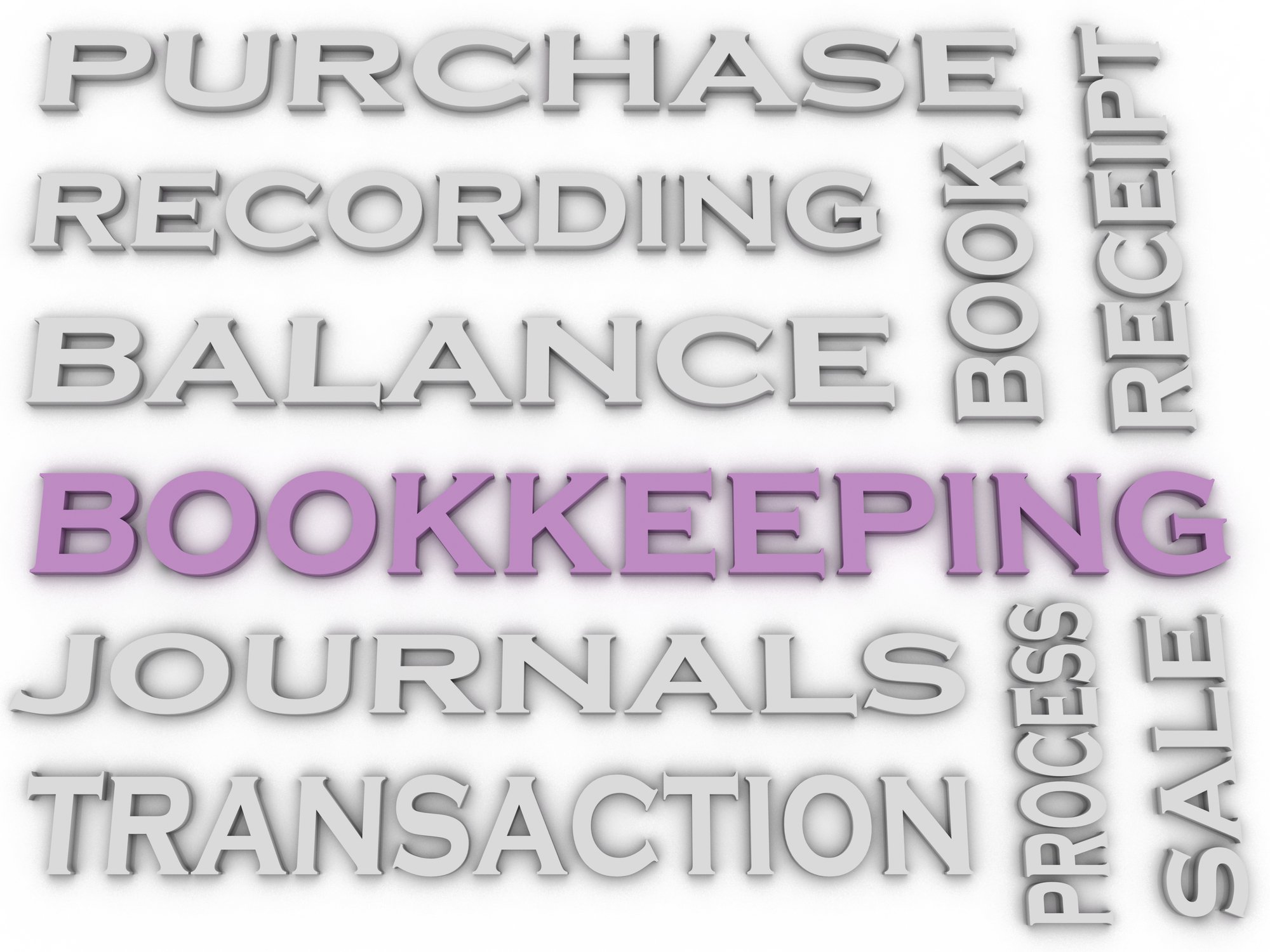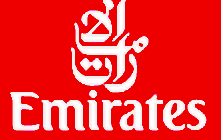
Trusted Training Partners


















Home / Administrative / Administrative Courses / Basic Bookkeeping Course
Quick Look Course Summary:Basic Bookkeeping Course
-

Next Public Course Date:
-

Length: 2 day(s)
-

Price (at your venue): 1 Person R 11,600.00 EX VAT 3 Person R 8,107.93 EX VAT 10 Person R 5,569.08 EX VAT
-

Certification Type:Accredited
-

Locations & Venues: Off-site or in-house. We train in all major city centres throughout South Africa.

Get Free & personalised
Training Advice
Basic Bookkeeping Course: Introduction
Most things in life are based on numbers. It makes logical sense then to get the most out of the numbers you have in your life. One of these things is bookkeeping. Here we use numbers to communicate a variety of things, such as how many assets do we have, or balancing money going out to money received. Some people enjoy working with figures, others do not. If you are one of the former, we have a great course for you. The course is intended for novices and beginner bookkeepers and will give participants a good general perspective of bookkeeping.
Basic Bookkeeping Course :Course Outline
Most people know what a household budget is, it is not very different from basic accounting except that in accounting we use specific terms for things. Your Edgars account which you list in your monthly household budget is now listed as a payable account in the accounts payable section of the general ledger, and in both cases accounts payable is a liability to your household or your business. Some people shy away from the word accounting or book keeping, yet they practice the principals in their daily lives. When you check your change in your hand from the shop against the slip, thats reconciling. Youre so good at it you can do it in your head, but let someone say bookkeeping and you feel as if youve been plunged into ice water. Quite the opposite is true, all you have to really learn is the terminology. When you know that and the basic concepts of accounting, youll be swimming like a duck as if you were born to it. Basic concepts of accounting may sound daunting, but really arent. Like mathematics, once a concept is proven, it stays that way forever. An obtuse triangle will never become an acute triangle, a liability will never become an asset. The concepts dont change. What you have at your disposal (financially) plus your expenses will always equal your total worth (financially). That sounded easy, because it is easy Equity (what is financially at your disposal) plus liabilities (what you owe) always equals your total assets. The term to remember is E+ L=A. TIP: No, unless your car is a vintage car, it is not an asset, it is always a liability. It is an asset to you, but a liability to your bank balance. At the end of this workshop, you will know the basic concepts of accounting and the basic terms. You will understand the difference between cash and accrual accounting and the difference between depreciation and cost. You will be able to use the general ledger in your business to keep track of accounts, both payable and receivable. We will also teach you how to balance your books at the end of the accounting cycle. We trust that you will find the workshop on basic bookkeeping easy and enjoyable as we have tried our best to make it simple and understandable and particularly to make it relevant to you. We have included many practical activities to help you use the skills you have learned, accounting is like mathematics practice, practice, practice. We round off our course by looking at financial planning, budgeting and control which are all applicable in the household budget and the business budget.
Course Outline
Component 1: Starting Out
Program Objectives
Housekeeping matters and administration
The Parking Area
Activities to break the ice
Component 2: Basic Terminology (I)
Balance Sheet
Equity
Income Statement
Assessment
Assets
Accounting Period
Revenue
Cost of Goods Sold
Expenses
Liabilities
Component 3: Basic Terminology (II)
Accounts Receivable
Interest
Inventory
Payroll
Journals
Accounts Payable
Assessment
Depreciation
General Ledger
Trial Balance
Component 4: Accounting Methods
Accrual Method
Cash Method
Differences between Cash as well as Accrual
Component 4: Assessment Queries
Component 5: Keeping Track of Your Business
Component 5: Assessment Queries
Accounts Payable
The General Ledger
Cash Management
The Journal
Accounts Receivable
Component 6: Comprehending the Balance Sheet
The Accounting Equation
Kinds of Assets
Kinds of Liabilities
Equity
Double-Entry Accounting
Component 6: Assessment Queries
Component 7: Other Financial Statements
Budget vs. Actual
Capital Statement
Income Statement
Cash Flow Statement
Component 7: Assessment Queries
Component 8: Payroll Accounting / Terminology
Gross Wages
Employer Tax Expenses
Net Wages
Salary Deferrals
Worker Tax Withholdings
Worker Payroll
Assessment
Government Payroll Returns/Reports
Tracking Accrued Leave
Worker Benefits
Component 9: End of Period Procedures
Asset Depreciation
Cash Reconciliation
Bad Debt
Trial Balance Workings
Component 9: Assessment Queries
Posting Adjustments as well as Corrections
Reconciling Investments
Basic Bookkeeping Course: Course Duration
2 day/s
Who should attend: Basic Bookkeeping Course
This is a self-enrichment course intended for anyone interested in basic accounting.
**Quote does not include Any Exam Fees (if applicable)
IMPORTANT ACTION: Do Not Wait To Improve Your Skills.
Book Now By Completing Online Booking Form / Customised Proposal or Obtain Approval For Your Already Received Customised Proposal
Realize incredible savings by sending more delegates
Duration: 2 day(s)
Delegates: 1
Cost (incl):




